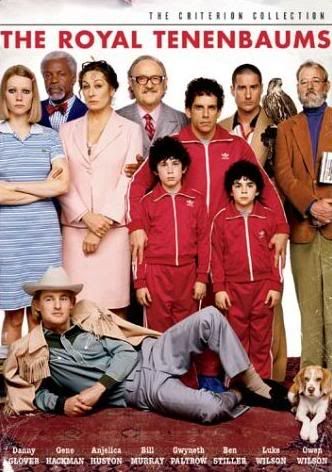
One of the best summer movies from 2007 just released it's sequel this past week titled, " Transformers, the Revenge of the Fallen." Usually my blog is about movies that shadow a deeper meaning or message and that they require deep thinking to uncover the true reason for the making of the film. Now, as much as i loved the action packed, thrill given, intense cinematography of this movie, it didn't have the deeper message i usually write about. However, after talking to a number of students who have recently watched this film, they had much more to talk about than the spectacular action moments. In fact, i talked to enough people who had strong enough comments that i decided it was worthy of addressing these issues. The issues most commented strongly about were how the movie portrayed women as stupid, insecure objects that are only worth but a piece of meat to men. There were multiple scenes in which the female gender were nothing but an object that gets in the way and is good for nothing. One issue that was brought up was the character of the mother and how some people felt she was portraying the average american parents who don't care for their children or don't provide sufficient supervision over them. Another topic of heated conversation is how the women were portrayed as a piece of meat to the men and that the men thought of nothing more of the women. So, commenters to this post will have had to seen the movie to talk about these issues. Did it seem like these topics were indeed stressed on by the directors and producers? Or, do these people take these topics the wrong way and get offended too easily?






